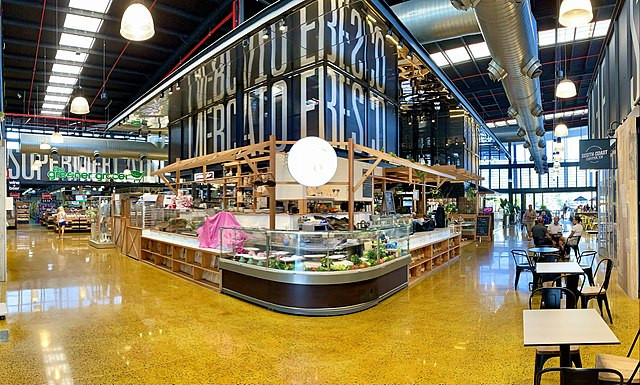A U.S. federal judge has blocked the $8.5 billion acquisition deal between luxury handbag maker Tapestry and its rival Capri, in a move hailed as a victory for the Federal Trade Commission (FTC). The ruling, which effectively halts the merger, was seen as a win for the Biden administration ahead of the upcoming November 5th presidential election. The FTC argued that combining the two major players in the U.S. handbag industry would significantly reduce competition and potentially lead to higher prices for consumers.
The case has garnered attention for its broader implications, with some viewing it as part of the FTC's expanded efforts under Chair Lina Khan to more aggressively regulate potential monopolies, even in sectors like fashion, where traditional monopolistic practices are less common. U.S. District Judge Jennifer Rochon, who presided over the case, rejected the companies' defense that handbags are nonessential items and that consumers could simply opt not to purchase them if prices were raised.
"Handbags are important to many women, not only to express themselves through fashion but also to aid in their daily lives," Judge Rochon stated in her ruling, countering the companies' argument that the luxury accessory market operates differently from other consumer goods sectors.
The FTC, in its case against the merger, argued that the deal would stifle competition in what it defined as the "accessible luxury" segment-where Tapestry's brands such as Coach, Kate Spade, and Stuart Weitzman compete with Capri's Michael Kors, Versace, and Jimmy Choo. The commission expressed concern that the combined entity could dominate the market and reduce consumers' access to affordable luxury handbags.
Henry Liu, director of the FTC's Bureau of Competition, praised the ruling, calling it "a victory not only for the FTC but also for consumers across the country seeking access to quality handbags at affordable prices." The decision comes at a time when consumer prices are a top concern for voters, giving the Biden administration a win in its fight against perceived corporate consolidation.
Capri's shares plummeted 47% following the ruling, while Tapestry's stock saw a 13% increase in after-market trading. This stark contrast reflected investor sentiment that the deal was now likely dead. The merger would have brought together six prominent fashion brands under one roof, with the goal of creating a major U.S. player capable of competing with European luxury giants such as Gucci and Louis Vuitton.
Despite the setback, Tapestry indicated it plans to appeal the decision. "We face competitive pressures from both lower- and higher-priced products and continue to believe this transaction is pro-competitive and pro-consumer," Tapestry said in a statement. Capri has not issued an official response to the ruling.
One of the key arguments made by Tapestry during the trial was that combining forces with Capri would allow it to reinvigorate the Michael Kors brand and invest more in all Capri brands, which they claimed would ultimately increase competition, not reduce it. However, Judge Rochon dismissed this argument, stating the companies failed to show that Capri could not revitalize its brands independently.
The merger also faced scrutiny from the FTC over labor competition concerns. Although Judge Rochon did not address these issues in her ruling, they reflect the broader scope of the FTC's current antitrust philosophy under Khan. Columbia Law School professor Timothy Wu noted that this case is part of a series of challenges brought by the FTC to combat market consolidation. "The FTC under Khan has now won more cases than it has lost," he remarked, pointing to the broader regulatory push aimed at maintaining market competition across various industries.




